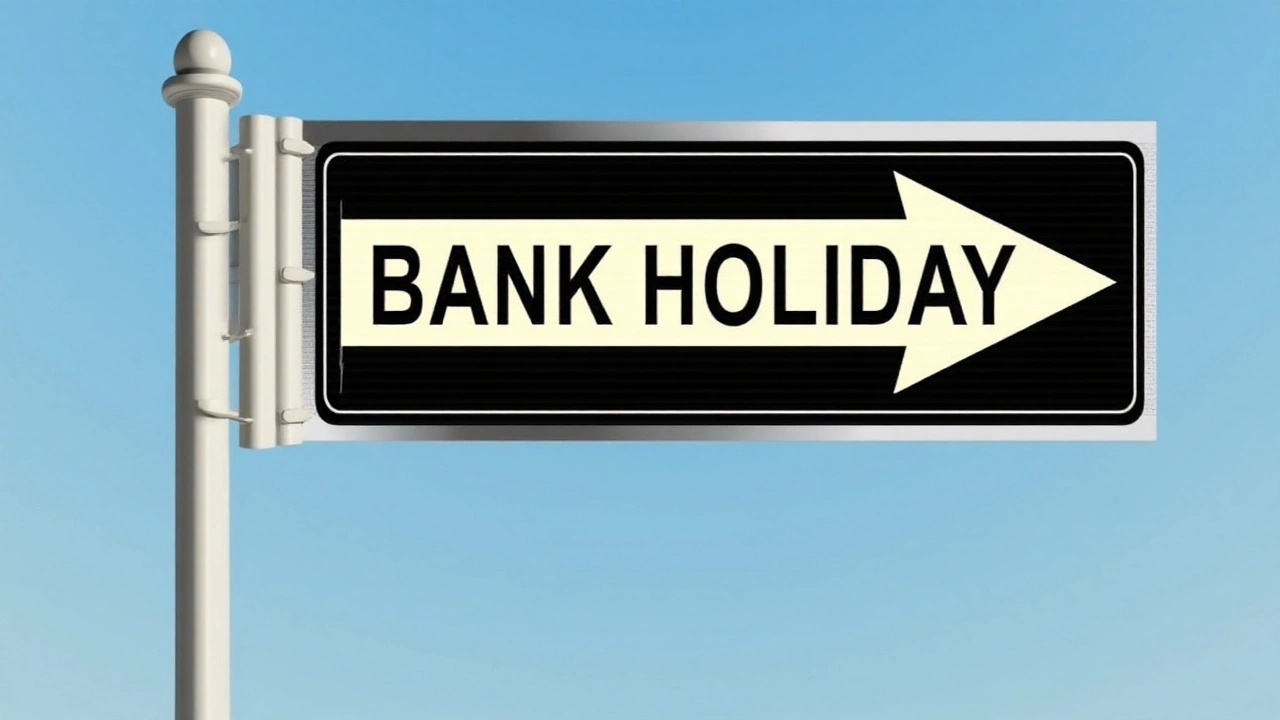Eid-e-Milad Celebrations in Maharashtra: A Quick Guide
Ever wondered how the festive spirit of Eid-e-Milad lights up Maharashtra? From bustling streets of Mumbai to quiet corners of Kolhapur, the day blends devotion, music, and tasty treats. Let’s break down what makes this celebration unique and how you can join in without feeling lost.
Key Traditions Across the State
First thing you’ll notice is the sunrise prayer at local mosques. Devotees gather, chant verses, and share sweets like halwa and kheer. In many villages, you’ll see colorful processions called shabads where drums beat and folk singers recite verses about the Prophet’s life. It’s not just about religion; it’s a community rally that brings neighbors together.
Food plays a starring role. Street vendors set up stalls selling pulao, kebabs, and fried samosas. Families often host a communal feast called iftar even though it’s not a fasting day, simply to share the joy. If you’re hungry, follow the scent of spiced biryani – you’ll never be wrong.
Top Cities and Events to Watch
Mumbai’s Marine Drive lights up with lanterns, and a big gathering at Haji Ali Dargah draws crowds from all over. Pune’s historic Shaniwar Wada hosts a special prayer session followed by a cultural program featuring qawwali singers. In Aurangabad, the Eid-e-Milad fair showcases handicrafts, making it a perfect spot for souvenir hunting.
Don’t overlook smaller towns like Nashik or Satara. Here, the celebrations feel more intimate – locals invite visitors to join their home‑cooked meals, and you get a real taste of Maharashtrian hospitality. Check local event listings a day before; many community centers post timings for lantern lighting and charity drives.
If you’re new to the scene, a simple tip: dress modestly, remove shoes before entering a mosque, and keep a respectful distance during prayers. Most attendees are happy to answer questions, so feel free to ask about the rituals you see.
Transportation can get busy, especially around popular sites. Plan to use local trains or ride‑sharing apps early in the morning. Parking near major mosques fills up fast, but walking a few blocks often lands you right in the heart of the celebration.
For kids, many community halls organize storytelling sessions about the Prophet’s life. These are usually in Marathi and Urdu, making it easy for local families to understand. Grab a seat, enjoy the tales, and maybe learn a few new words yourself.
Finally, remember that Eid-e-Milad isn’t just a one‑day event. The spirit carries on for a few days with charity drives, free meals for the needy, and nighttime lantern festivals. Stick around, and you’ll see the city’s goodwill in full swing.
- Kieran Montague
- Sep, 5 2025
- 0 Comments
September 2025 Bank Holidays: 15 Days of Closures Across India — Check State-wise Impact and Market Schedule
India will see 15 bank holidays in September 2025, combining national and state observances with weekly offs. On Sept 5, many states are shut for Eid-e-Milad and Thiruvonam, but Mumbai and its suburbs will work that day and close on Sept 8. Markets stay open on Sept 5 in Maharashtra, with a settlement shift to Sept 9 for trades due Sept 8. Customers should plan branch work ahead; digital services remain available.
